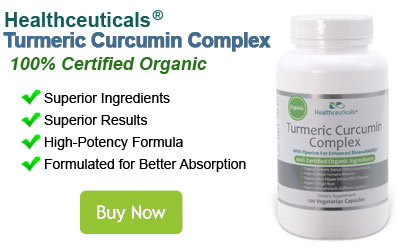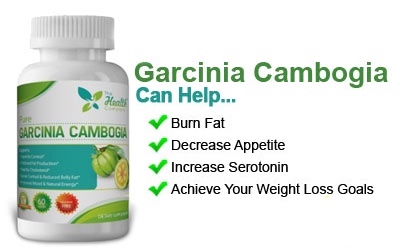
We all know that eating too many fatty or sugary foods can have detrimental effects on our health, increasing our risks for diabetes, heart disease, and a host of other illnesses. Luckily, the opposite is also true: eating certain foods can decrease our risk of developing many illnesses and conditions.
Scientists and doctors are increasingly recommending eating an anti-inflammatory diet to encourage the best health possible.
Inflammation and Disease
Most disease and illness has inflammation at its root. In fact, low inflammation levels in the body may be the best indicator that a person will live past 100 (Yasumichi Arai1, 2015).
Chronic inflammation can be caused by auto-immune diseases, underlying disease processes that your body is trying to defend against, poor diet, and not enough exercise.
Anti-Inflammatory Foods on Which to Focus
There are some special foods that are known for their powerful anti-inflammatory effects on humans. Increasing their presence in your diet is important for combating chronic inflammation.
- Animal proteins that are high in Omega-3 fatty acids are important to include in your healthy diet. Cold water, wild caught fish such as Alaskan salmon is highly anti-inflammatory and has many other health benefits as well.
- Dark leafy greens contain a wide variety of phytonutrients that have anti-inflammatory effects in the body. Spinach, kale, and collard greens are all great choices.
- Tea is powerfully antioxidant. Be sure you choose green, black, or oolong tea, not one of the many herbal varieties that aren't actually tea-based (though they may certainly have their own health benefits).
- Fermented vegetables like sauerkraut, kimchi, and natto help nourish your gut flora, and a healthy gut microbiome fights chronic inflammation.
- Olive oil is high in oleic acid, which is a monounsaturated fat that is good for your body. Olive oil also contains many inflammation-fighting antioxidants.
- Herbs and spices are filled with compounds which fight inflammation. Turmeric, cinnamon, and ginger are all wonderful additions to your anti-inflammatory diet, and there are a whole host of others to experiment with, as well.
- Nuts and seeds can be eaten daily, and they contain many different components that are known for fighting chronic inflammation. Hemp seeds and flaxseed are great choices.
Which Inflammation-Causing Foods Should Be Avoided?
When you are trying to maximize the anti-inflammatory power of your diet, you will want to not only boost the foods in the category above, but you will also want to limit or eliminate foods known for causing chronic inflammation. These include:
- Sugar
- Processed foods
- Vegetable oil
- Artificial sweeteners, colors, and additives
Increase Exercise to Fight Inflammation
Changing your diet is a major component of decreasing your overall inflammation levels, but increasing exercise helps tremendously, too.
Minimize the amount of time that you're sitting daily. Try a stand-up desk if you have an office job, and wear a fitness tracker to ensure you're getting 10,000 steps a day.
Eat Mindfully
Finally, eating your food mindfully can go a long way toward helping you choose the right foods and eat them in the proper amounts. Minimize eating on the go, create a calm, quiet space for your meal, and focus on gratitude while you're eating. Learn more here: "Eating Mindfully."
Works Cited
- Yasumichi Arai1, C. M.-R. (2015, Oct.). Inflammation, But Not Telomere Length, Predicts Successful Ageing at Extreme Old Age: A Longitudinal Study of Semi-supercentenarians. Retrieved from ebiomedicine.com: DOI: 10.1016/j.ebiom.2015.07.029.
You May Also Like These Articles/Recipes:
GABA Rice: Germinated or Sprouted Brown Rice
Getting Back to Sleep: 14 Tips for Falling Back to Sleep When You Wake up Too Soon
Glucomannan: A Different Source of Fiber
How to Maximize the Health Benefits of Garlic


